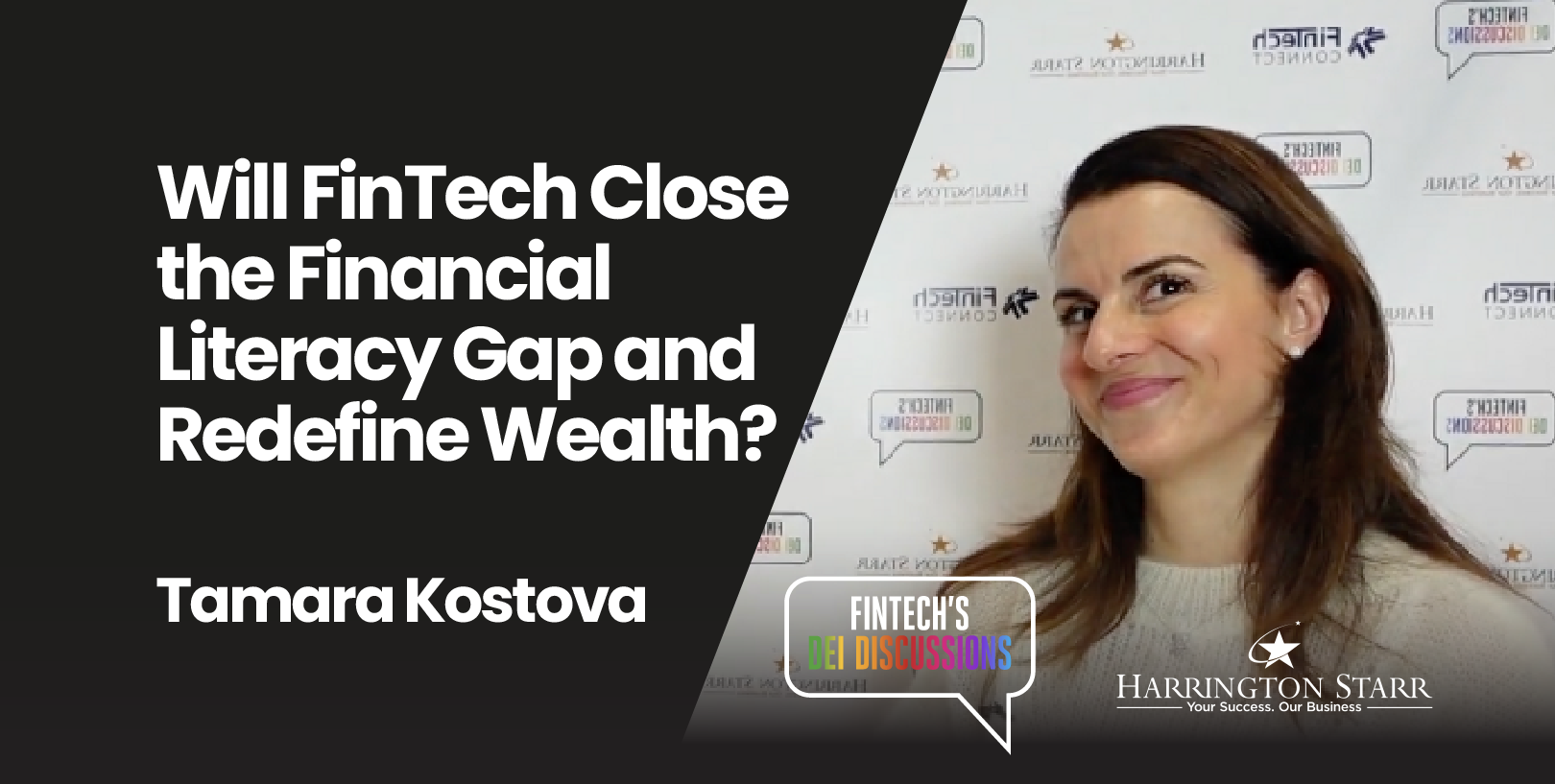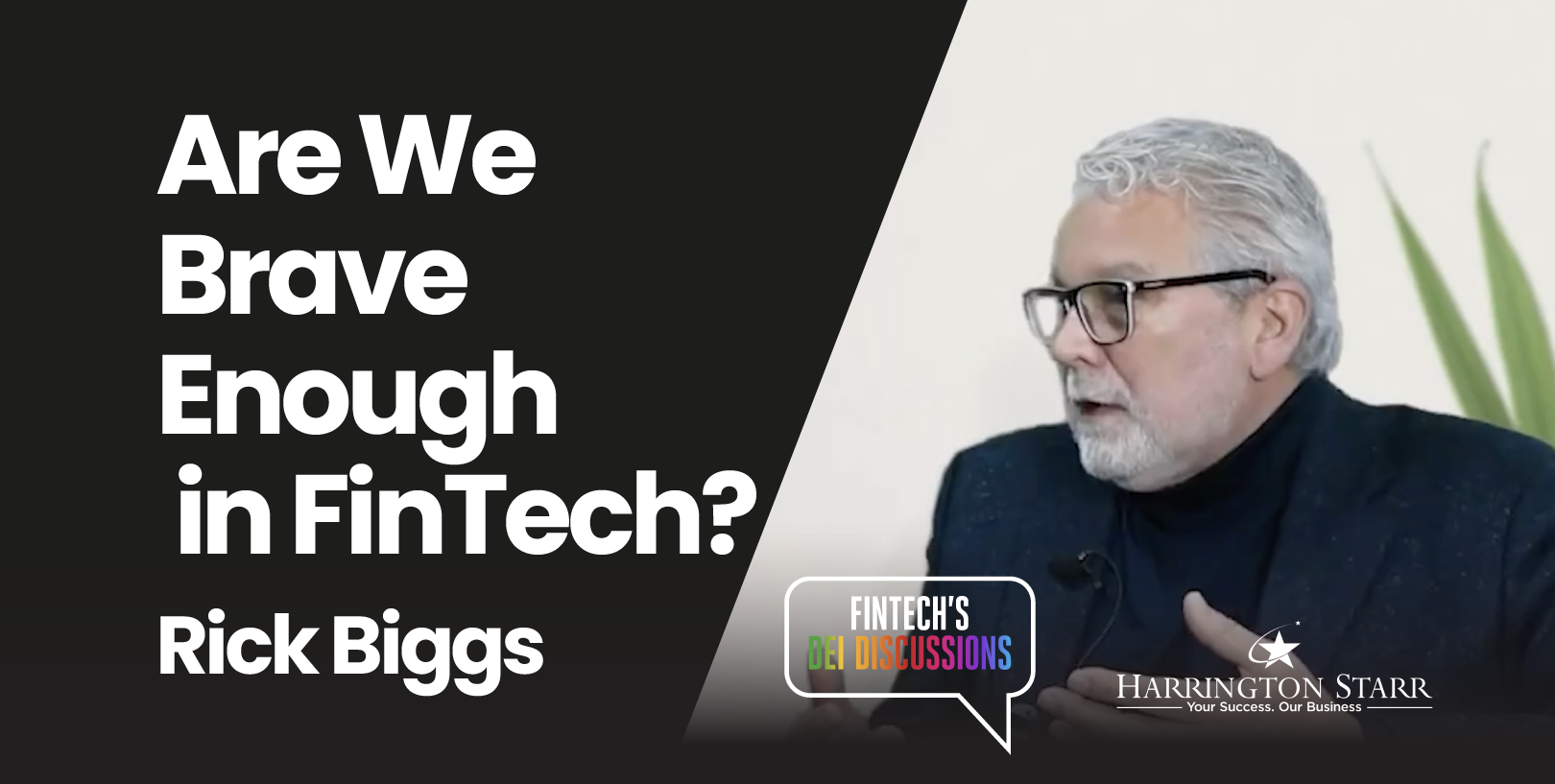My first mentor was my mum. When she left her home in Nigeria due to a civil war, she spoke very little English and arrived in the UK with few prospects. Yet through resilience, hard work, and perseverance, she single-handedly built a great life for herself and her five children.
I’ve been fortunate enough to have several other career mentors, too. Each person was wildly different in cultural background and experience. But there has been a single, unifying characteristic that traces back to the relationship with my mum: mutual respect.
Parental relationships are a two-way street. We learn from our parents because we care about them. When they face challenges, we pay attention - even if we’re too young to actually do anything about them.
Professional relationships are rarely so bidirectional. We see a lot of business figures, influencers, and celebrities talking about the value of mentorship. A quick LinkedIn search shows people posting #mentor on the site every few minutes. But so much of that conversation is focused on what you, as a mentee, should look for. We ask, ‘what can I get out of this?’.
So much of modern work culture is centred on the self. We’re told to look out for number one: we must build our personal brand and soak up knowledge from those around us. We’re encouraged to be intrapreneurs - shaping the organisations we work for in our own image.
All of these things have merit. But this way of thinking can give the impression that the only way to do well in work is to view every interaction through the lens of self-enhancement.
Mentors then become just another resource to be utilised and drawn from. But this isn’t how we form healthy relationships in our personal lives. We don’t look at our friends and family and ask what can we get out of them, yet they are often the relationships we get the most from.
I’m not suggesting your career mentor needs to be your friend. I definitely wouldn’t suggest you treat them like your parents. But treating mentorship as an equal relationship is the best way to maximise the experience for both of you.
Instead of only asking questions about projects you’re working on, using them as a sounding board for your ideas, or venting about your problems, ask about theirs. Be a good listener. Understanding the journey that led them to where they are today is important, but it’s just as important to understand where they’re heading.
A lot of mentees are early in their careers and often younger than their mentors. Use that to your advantage. Billions are spent on market research to better understand how other generations and groups of people think and act: your fresh perspective is highly valuable.
Done right, you will build lasting relationships that positively impact you in ways you may not even realise until many years later - and so will they.
You can read Fumbi's article and further industry insights in the latest edition of The Financial Technologist. Download your free copy here.
Mentorship works best when it goes both ways
18 Apr, 20235 MinutesMy first mentor was my mum. When she left her home in Nigeria due to a civil war, she spoke ...






